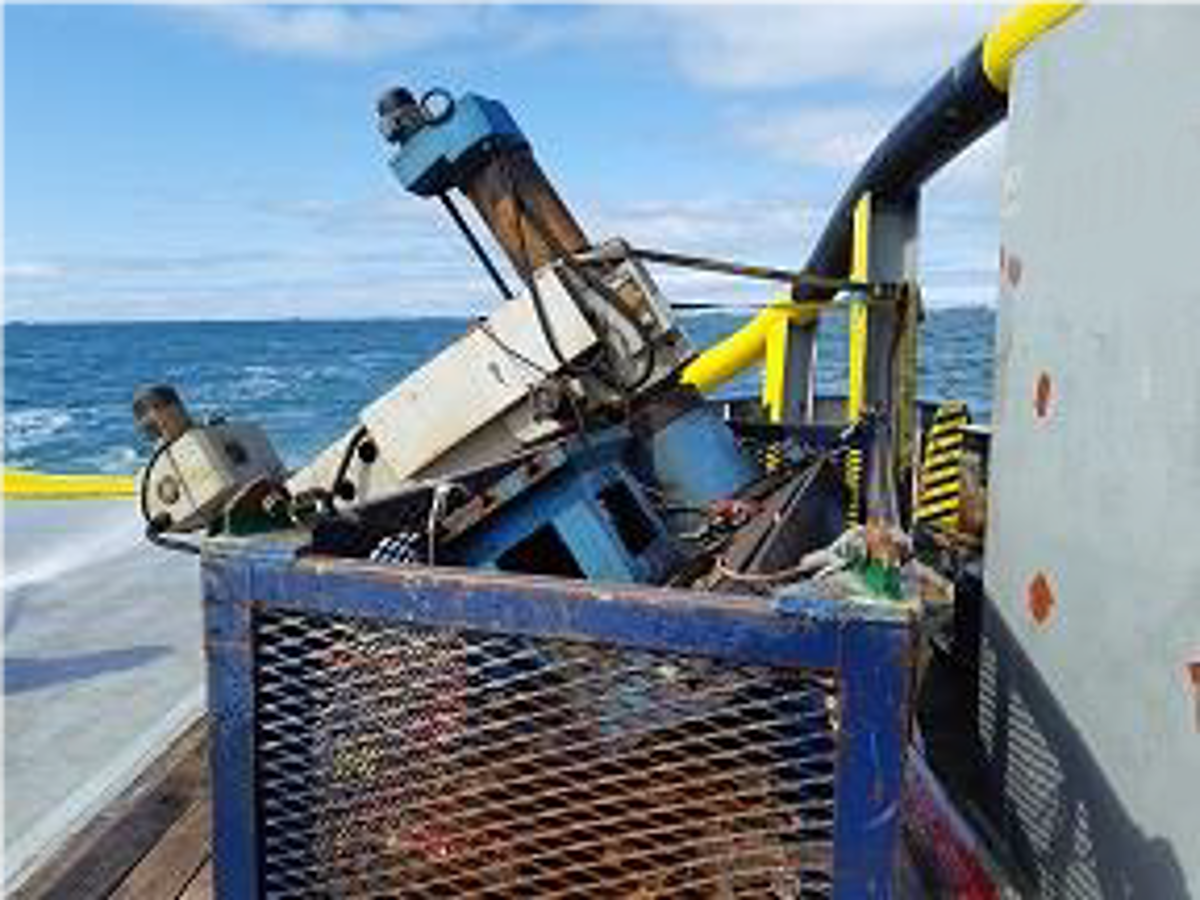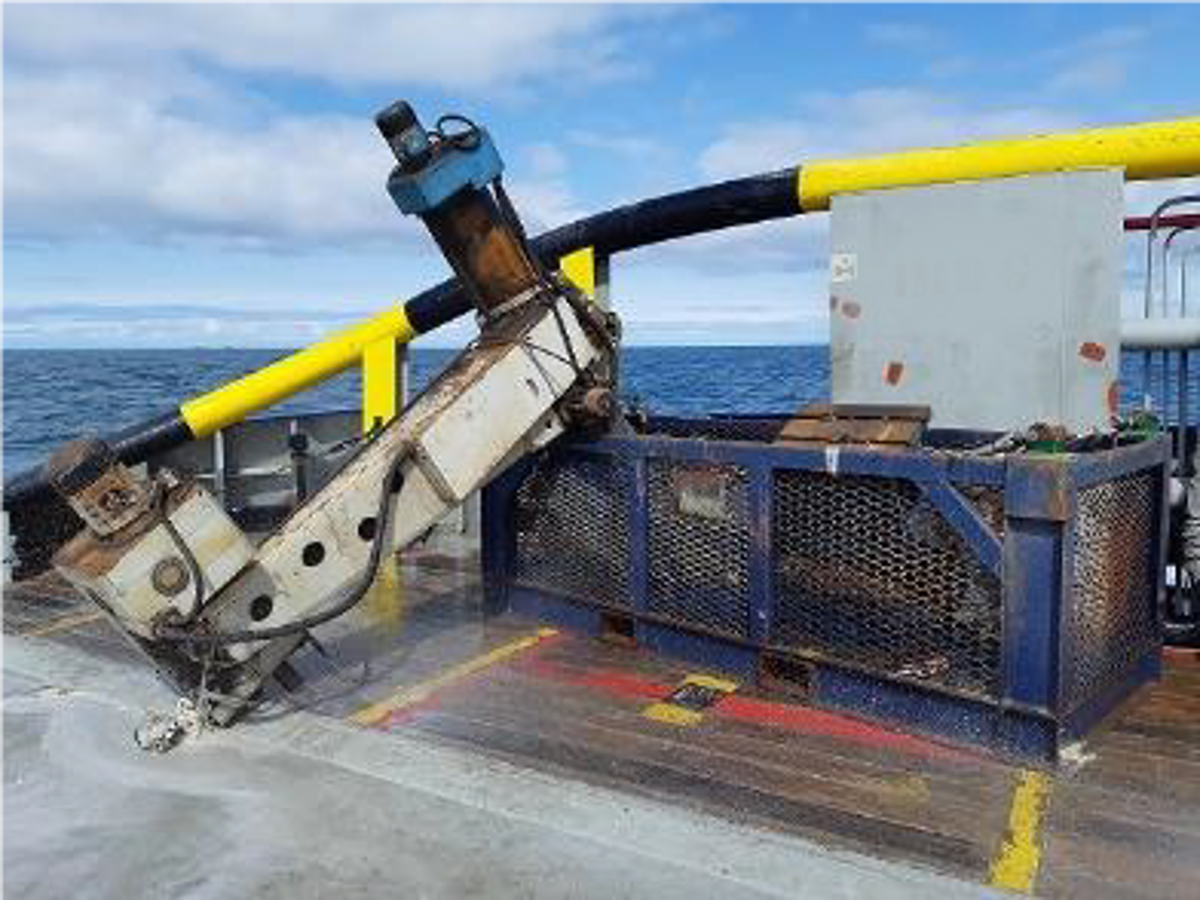Lifting basket with unsecured cargo which fell out
- Safety Flash
- Published on 12 June 2020
- Generated on 21 February 2026
- IMCA SF 18/20
- 1 minute read
Jump to:
What happened?
A cargo basket containing equipment was to be lifted from the vessel deck to an offshore installation.
The crane on the offshore installation was unable to lift the load, resulting in the basket dropping back to deck and some of the equipment sliding out the basket onto the vessel deck.
What were the causes? / What went wrong?
- There was no inspection by deck crew on basket acceptance. The unsecured cargo inside the basket was neither noticed nor reported.
- The weight of the load as understood in information received was 1800 kg; but the actual load weighed 4000 kg.
- Whilst the unsafe condition was identified during basket hooking process, the Stop Work Policy was not applied by the vessel crew.
Related Safety Flashes
-
IMCA SF 10/17
12 May 2017
-
-
IMCA SF 10/13
25 June 2013
-
IMCA SF 17/09
1 December 2009
IMCA Safety Flashes summarise key safety matters and incidents, allowing lessons to be more easily learnt for the benefit of the entire offshore industry.
The effectiveness of the IMCA Safety Flash system depends on the industry sharing information and so avoiding repeat incidents. Incidents are classified according to IOGP's Life Saving Rules.
All information is anonymised or sanitised, as appropriate, and warnings for graphic content included where possible.
IMCA makes every effort to ensure both the accuracy and reliability of the information shared, but is not be liable for any guidance and/or recommendation and/or statement herein contained.
The information contained in this document does not fulfil or replace any individual's or Member's legal, regulatory or other duties or obligations in respect of their operations. Individuals and Members remain solely responsible for the safe, lawful and proper conduct of their operations.
Share your safety incidents with IMCA online. Sign-up to receive Safety Flashes straight to your email.

